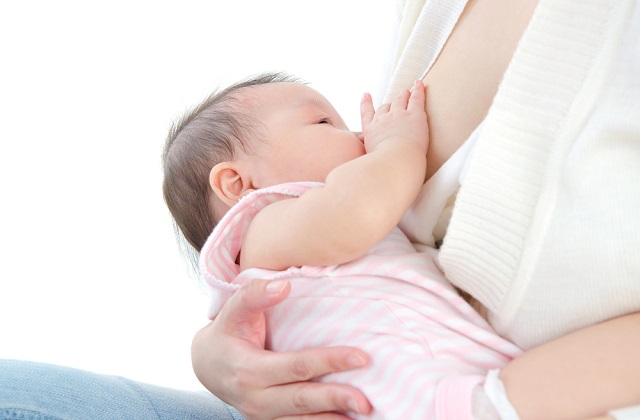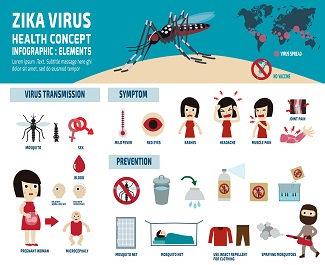1. Can I breastfeed immediately after c-section (caesarean section)?
Yes, but the difficulty will be relatively large; you need to have strong determination in order to make it a success. First, you must notify your doctors and nurses before delivery and tell them that you want to breastfeed your baby. If you did not inform your nurse first, then the nurses may feed your baby with formula milk after the delivery.
After the caesarean section, you must be lying in bed and cannot sit up to breastfeed, so you need a lot of help and support from your family members and the nurse to breastfeed the baby. The nurses and your family members will help your baby to latch on to your breast properly.
As long as you have a strong determination, you can succeed in breastfeeding your baby immediately after c-section.
2. Will breast milk be contaminated by anesthesia during caesarean section and will the breast milk be harmful as a result?
It is true that anesthesia will be harmful to the baby if it is present in significant proportion in the breast milk. However, anesthesia used during caesarean section should not affect breastfeeding.
In some situations, the effect of the anesthesia will not affect the chest and hence will not affect the breast milk. In addition, the dose of the anesthesia by doctors has been carefully calculated, by the time you regain your consciousness and breastfeed your baby, the amount of drug in the breast milk should be safe for baby to take. Again, it is important for you to inform you doctor that you will breastfeed the baby after the c-section and he or she will advise you accordingly.
3. Breastfeeding - Will the pain relief medication and anti-inflammatory drug affect the breast milk?
A c-section is major surgery and it will take time for the mother to recover. Doctors will prescribe medicine or drug to help you to recover. If you have informed doctor that you are going to breastfeed, doctor will prescribe drug that will be safe for you to breastfeed.
4. How can I breastfeed my baby after work?
First, you may purchase an appropriate pump. At your workplace, as far as possible, you should try to pump once every three hours and store the breast milk that in containers or bags that come with the pump. If the number of containers or bags comes with the pump is insufficient, you can buy those glass bottles or bag that is designed for storing breast milk.
You can then put your breast milk in the refrigerator to keep it fresh. Whenever possible, try not to freeze your breast milk. If it is frozen, let the milk warm up naturally before you pass it over to your baby for consumption.
5. Breastfeed - My baby spit up milk several times a day?
Spitting up is normal for newborn babies. In the first few months after birth, many babies will spit milk multiple times every day.
Sometimes the baby has taken too much milk and his or her body reacts to this by vomiting to eliminate excess milk. Sometimes the air your baby sucks in during breastfeeding can also lead to spitting up.
If your baby does not show any sign of discomfort or a decline in weight, your baby should be fine.
6. Is it necessary pat baby's back after breastfeeding?
Yes. After breastfeeding, you should hold up your child and pat pat his or her back. This is because gas will accumulate in the baby's little stomach. If you do not hold up your baby after breastfeeding, baby may get choked or spit milk. Sometimes, it can lead to lung infection if the milk ran into the lungs.
7. Baby makes "keke" sound after breastfeeding?
After breastfeeding, there may be trace of residual breast milk in your baby's little throat. Baby makes this sound to clear this residual milk in his or her throat. It should be normal unless your baby have shown other signs of discomfort.
8. Hiccup after breastfeeding
This is normal. Parents can feed baby some water to relieve this discomfort.
9. Do I need to change to the other breast after feeding my baby for 10-15 minutes on one side?
There is no standard for this. You can feed your baby using both sides of breast or one side. The best is to let your baby decide for himself. If your baby refuses to latch on after drinking for some time, you can consider change side to continue breastfeeding.
If your baby feel satisfied and do not want to drink milk after that, you just let it be as your baby may be full.
However, if you feel the other side of breast is full, you should consider pump the milk out to prevent engorgement.
This article on breastfeeding is served as information, not medical advice.



